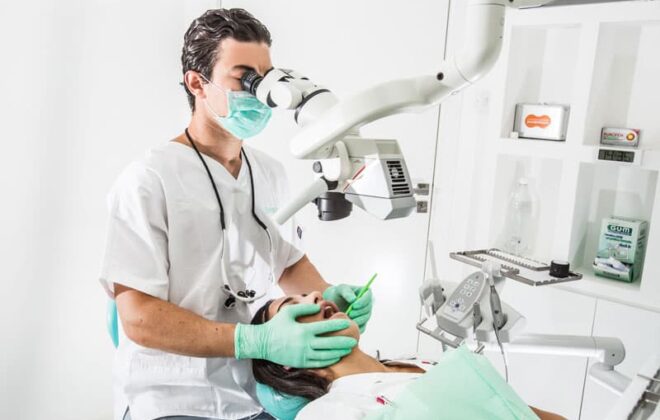Do I Need Sedation Dentistry for a Root Canal?
For most patients, a root canal sounds a little overwhelming. The good news is that it doesn’t need to be. If you are afraid of the pain associated with a root canal, there is a way to have the procedure done with virtually no pain. If you use sedation dentistry, a root canal is nothing serious at all. If a root canal is necessary and you are putting it off because of pain or anxiety, it may lead to a serious infection or an abscess if you choose not to have it done.
What is a Root Canal?
When you have a root canal, there is an opening made to the crown of your tooth. The dentist (or endodontist) removes the tooth’s pulp down to the tip of the roots. Once the infected pulp is removed, the dentist uses a filler to fill the tooth, and then an adhesive is used to ensure that the entire canal root of the tooth is sealed. Once the procedure is done, the dentist places a temporary crown on the tooth. You will then return for another appointment to have a permanent crown placed to protect the tooth against further damage.
It can sometimes be a lengthy process, and since the dentist is dealing with the roots of your tooth, it can be highly sensitive and painful, which is why many patients avoid having it done. For a root canal, there are various options for dental sedation that will minimize any feeling you have and, in some instances, any memories that you have of the procedure at all.
You can generally use nitrous oxide, oral conscious sedation, or IV sedation if you are getting a root canal. The sedation method for an individual is determined by the patient’s medical history and current physical and mental health.
Types of Sedation Available
Minimal sedation is the lightest level of sedation. It involves a mild sedative, such as a Valium-like medication or Nitrous Oxide (laughing gas.) Using this kind of sedation requires no additional training for the dentist. You can leave the office without any residual effects when the procedure is over.
Moderate sedation is referred to as “sedation dentistry.” This allows the patient to simply respond to questions, they are not asleep.
Deep sedation, or General Anesthesia Dentistry, is often referred to as “Sleep Dentistry” (unconscious). This is generally the recommended level of sedation for individuals unable to tolerate dental treatment for mental or physical reasons. Using this method, there is no memory of the procedure. Dentists who provide this method require a two-year Dental Anesthesiology Residency or an Oral Surgery Residency.
Endodontist in Toronto
Do you need root canal treatment? Contact York Hill Endodontics to learn more about the best approach for yourself.
Article originally appeared at: https://www.dentalsleepstlouis.com/
Author: The Dental Anesthesia Center



